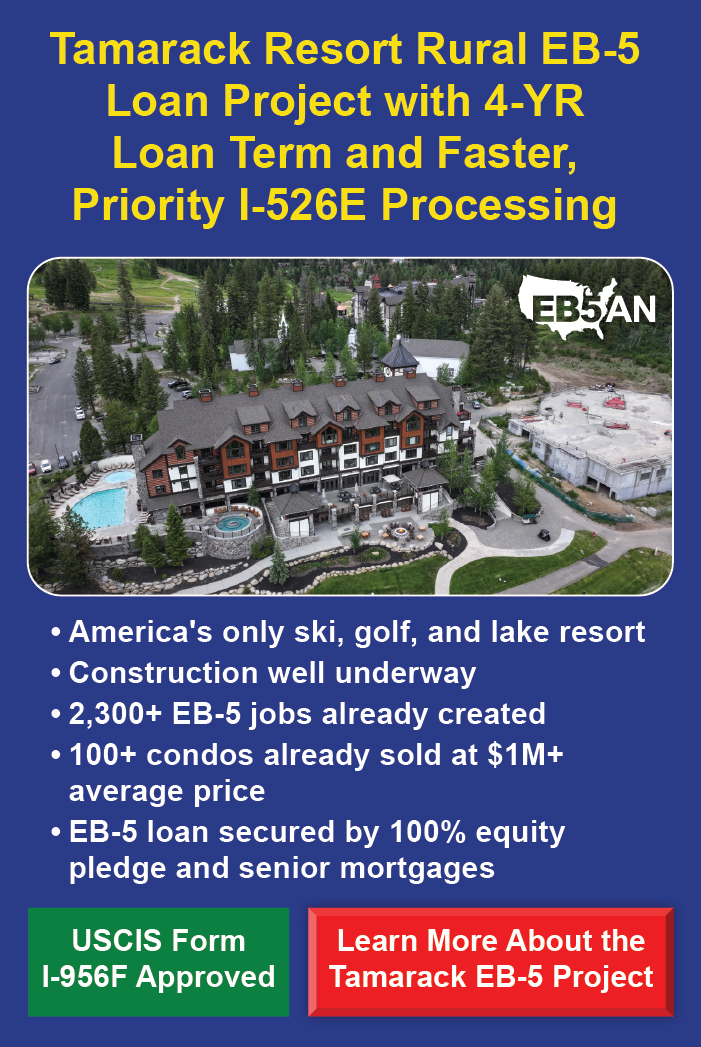
When it comes to EB-5 investment funds, United States Citizenship and Immigration Services (USCIS) focuses on whether the EB-5 applicant legally obtained the funds and is the legal owner of the funds. The place of origin is generally irrelevant, but the legal and economic system in the country of origin can complicate EB-5 source-of-funds documentation. Factors such as a cash-based local economy and strict foreign exchange controls can be a challenge during the documentation process.
For funds to be considered to have been legally obtained, they must have been generated through activities that are not illegal and all taxes due in the country of origin must have been paid. Additionally, the investor must be able to show the path the funds followed to reach the point at which the EB5 investment is made. Documentary evidence must be submitted with the I-526E petition to show that the investment meets these requirements.
In a country with a cash-based economy, such as Vietnam or India, cash is often used in property transactions. Thus, for example, if an applicant’s EB-5 funds derive from the sale of an inherited property, it could be extremely difficult to prove that the property was initially purchased using legally obtained funds. The same might even apply to a gift or inheritance: the investor might have to show the funds not only moving to their bank account but also from the source or sources to create the lump sum paid to the investor’s bank account. If the person who gifted or bequeathed the funds to the investor cannot prove that they paid all the taxes due on those funds, it could cause problems for the investor.
EB-5 investors in countries with strict foreign exchange controls and limits on the amounts they can send overseas face similar problems. They often use currency swaps with a third party to move money from their home country to the United States. Proving that the third party legally obtained the U.S. dollars involved in the swap can be difficult.
To avoid requests for evidence and outright I-526E denial, potential EB-5 investors should work with EB-5 immigration counsel and other professionals with local knowledge.






